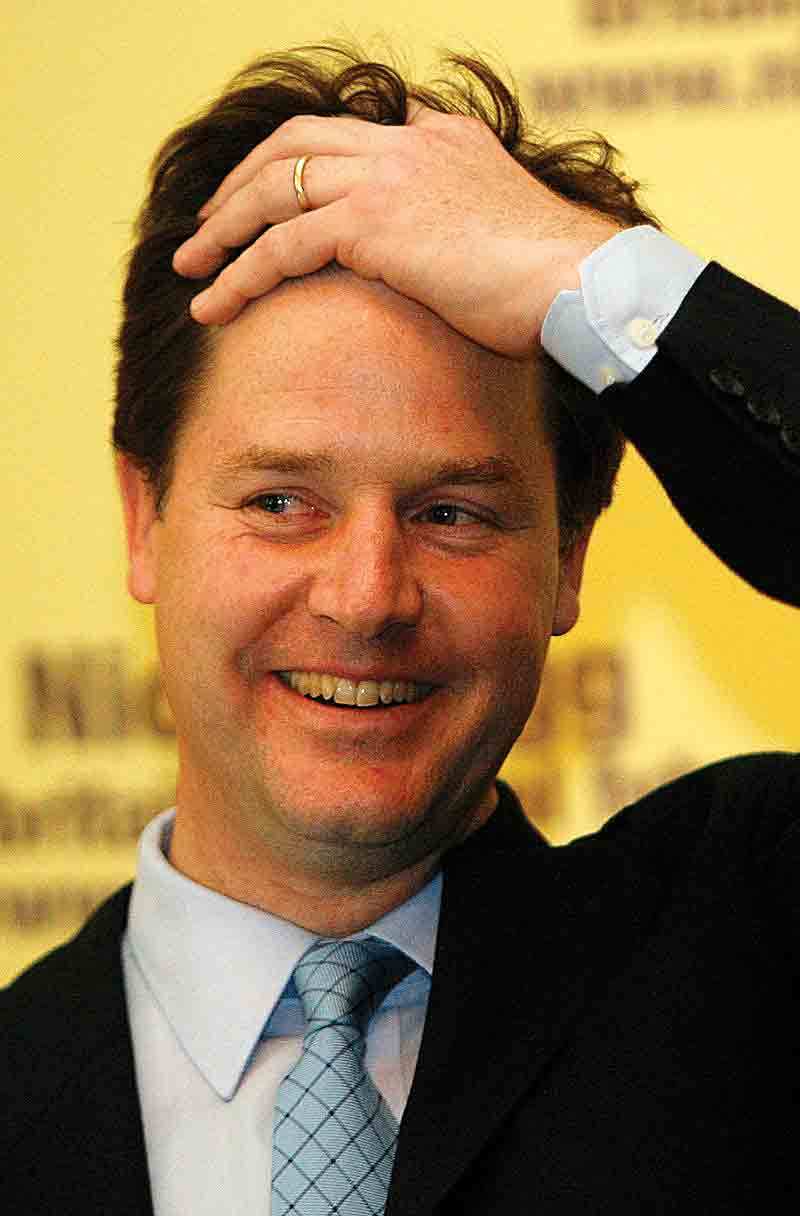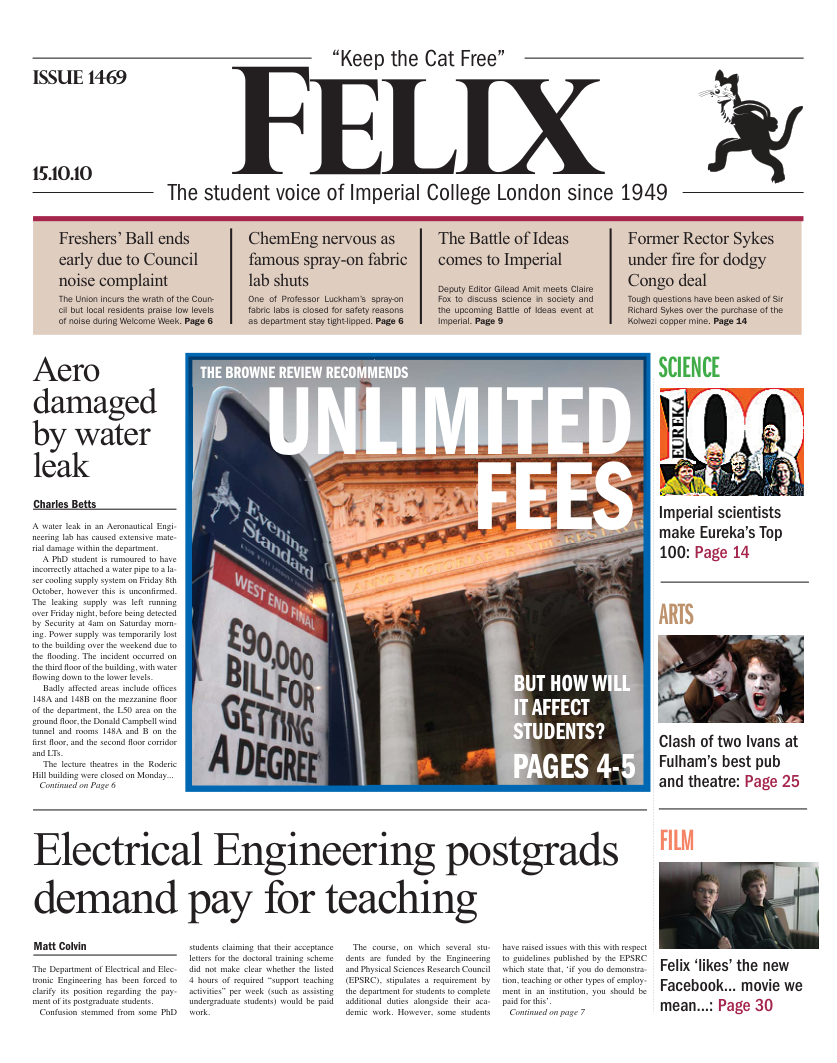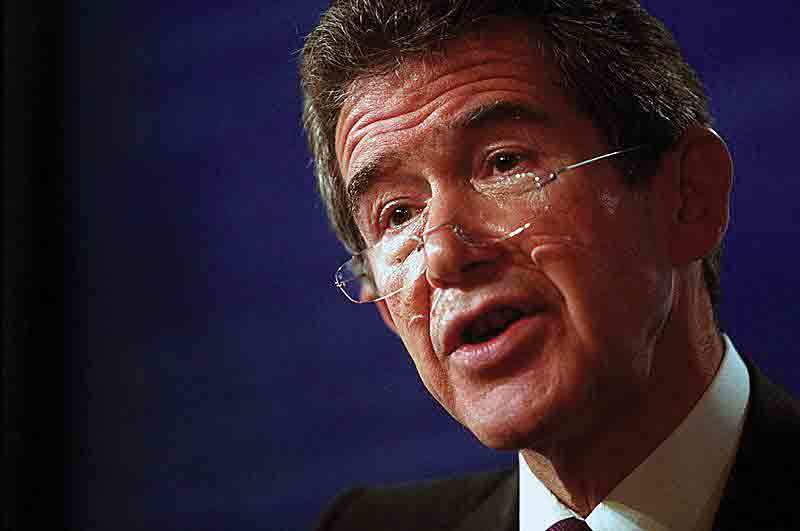Lib Dems in trouble over higher fees
The reality of power for the first time in over a century is quickly turning into a nightmare

The last few months have not been good for the Liberal Democrats. With poll ratings plummeting from 23 to 14% since joining the coalition, the reality of power for the first time in over a century is quickly turning into a nightmare. Low party morale and a new (but not, he stresses, New) Labour leader keen to brand the coalition as ‘the nasty parties’ have left the Lib Dem’s top brass finding it increasingly difficult to keep the sizeable left of the party in tow. In short, this is the worst possible time to test the party members’ commitment to the coalition’s shotgun marriage.
Tuesday’s publication of Lord Browne’s Higher Education Review could prove to be the starting gun for dissent among Lib Dem MPs, itching to distance themselves from the already biting austerity measures introduced by the government. The rebels among them accuse their leadership of abandoning a manifesto pledge to scrap fees, not raise them. They also claim that the review’s proposals are against the progressive principles of what it is to be a Liberal Democrat, that the party has lost its identity to the Conservative party, making no real impact on the coalition’s direction.
Yes, they can blame the economic climate, but they knew the country was strapped for cash before the election
On the former point, they are undoubtedly correct. The Lib Dem’s made a clear promise that they would push to scrap fees altogether, with Nick Clegg appearing in a party video targeting students, calling fees ‘wrong’. No amount of clever politics can disguise the fact that accepting the Review’s proposal (or abstaining from the vote) will amount to a complete u- turn: resulting in uncapped fees. Yes, they can blame the economic climate, but they knew the country was strapped for cash before the election.
That the new proposals are regressive, however, is less arguable – the poorest 20% of students will actually pay less under the Browne proposals than they do today. Nonetheless, this doesn’t take away from the dizzying headline figures of potential student debt and the impression this will give the public of impossibly expensive education. The opposition of the NUS doesn’t help, sweeping masses of students into the welcoming arms of Ed Milliband’s Labour party; the same students who just in the last election voted in great numbers for the Lib Dems.
However, there is still hope for the party. The new Austerity Britain is much more open to consider changes in the role of government which would have been unthinkable just two years ago. A more open and honest public debate has lead to general agreement that the state must tighten its belt and, if Britain’s top universities are to remain competitive, this may have to be made up for with higher fees. While there will likely be no love lost between the Lib Dems and students, the party can still target the much larger slice of the electoral pie that accepts the need for tough fiscal measures. Ed Milliband’s party conference speech about balancing work and life received a lukewarm response from a public wanting fiscal action. The left in the Lib Dems may simply not ‘get’ the public mood. What Clegg and Cable need to convince their party, and the electorate, is that they will somehow reign in what would otherwise have been savage Tory fee increases. By positioning his party as economically responsible yet fairer than the Conservatives, Nick Clegg may yet come out of the Browne debate on top.







